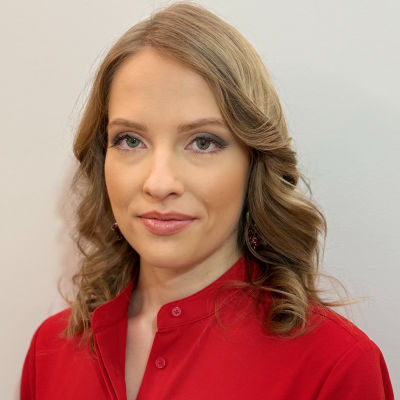There has been a long-standing debate among politicians and scholars alike about whether there is a democratic deficit in the European Union. One of the main arguments in favour is that the EU is “too distant” from its citizens, people don’t understand the system and they are not involved in the EU’s decision-making process. Hence, one of the purposes of the Conference on the Future of Europe starting this year is bringing Europe closer to its voters and vice versa. Politicians are committed – at least verbally – to put citizens and their will in the focus and want to make sure people’s voices are heard by decision-makers at the European level when it comes to determining the future orientations for the European Union.
The first, inaugural Plenary of the Conference was held on 19 June and from September, four European Citizens’ Panels will also start. These and the Multilingual Digital Platform mean the three pillars of the event series. However, there are two fundamental reasons why the structure of the Conference is inappropriate for achieving the aim, namely, to make voters feel that their ideas are taken into account by the European elite.
Firstly, the composition of the Conference Plenary. It consists of 433 people from numerous institutions – for example from the EU Council, from national parliaments or the Committee of the Regions -, and although this event is at the top of the conference hierarchy, the number of citizens – 108 people – is only less than a quarter of the total. It is true that this proportion is more than nothing, but the Executive Board could have been more ambitious when they agreed on the structure of the Plenary.
Secondly, the size of the panels at EU level. Each European Citizens’ Panel will have 200 participants who were selected randomly with attention to diversity. This number is high and low at the same time. High, because no topic or issue can be discussed effectively with 200 men and women. There are too many various opinions, so what matters is who can impose their will better. It is low, because the 800 individuals – if we look at all four panels – are just a fraction of the EU’s population – which is around 450 million people.
National Citizens’ Panels and events represent those areas where most people from different backgrounds can participate and exchange views with each other, moreover, according to Joint Declaration contributions gathered in the framework of these events should be taken on board by the European panels, so everyone can feel they have a say in the direction the EU will take. Therefore, the European Union should support Member States to organize more panels such as these at both national and local level, but at the moment these are the ones that politicians and organizers of the Conference are placing the least emphasis on.
Hence, one of the key questions of the whole process is which one is more important: to demonstrate that citizens can also take part in the discussion about the future of Europe or to give a chance to as many individuals as possible to voice their ideas about what kind of European Union they want to live in?






